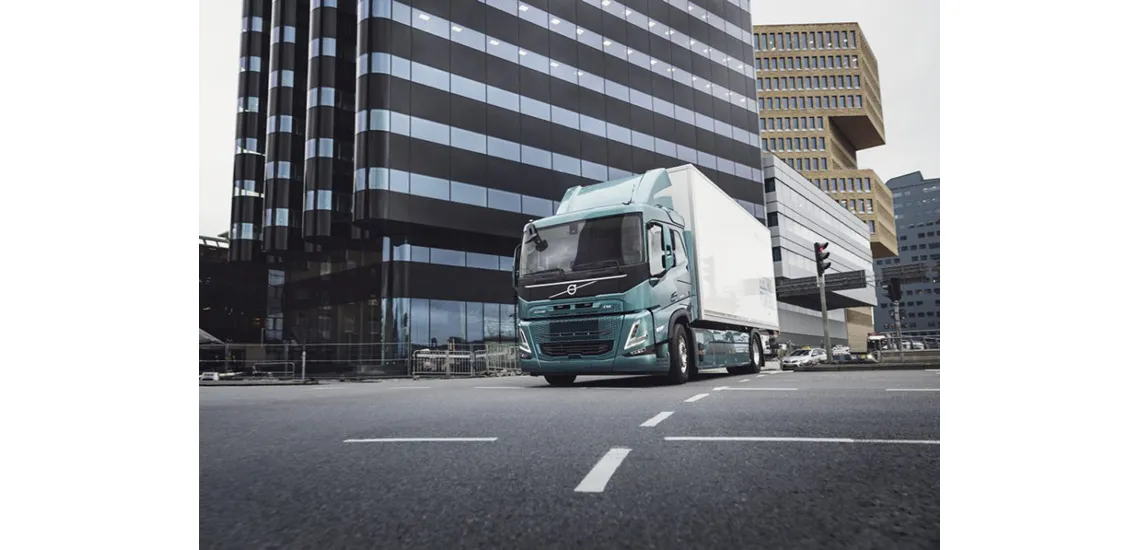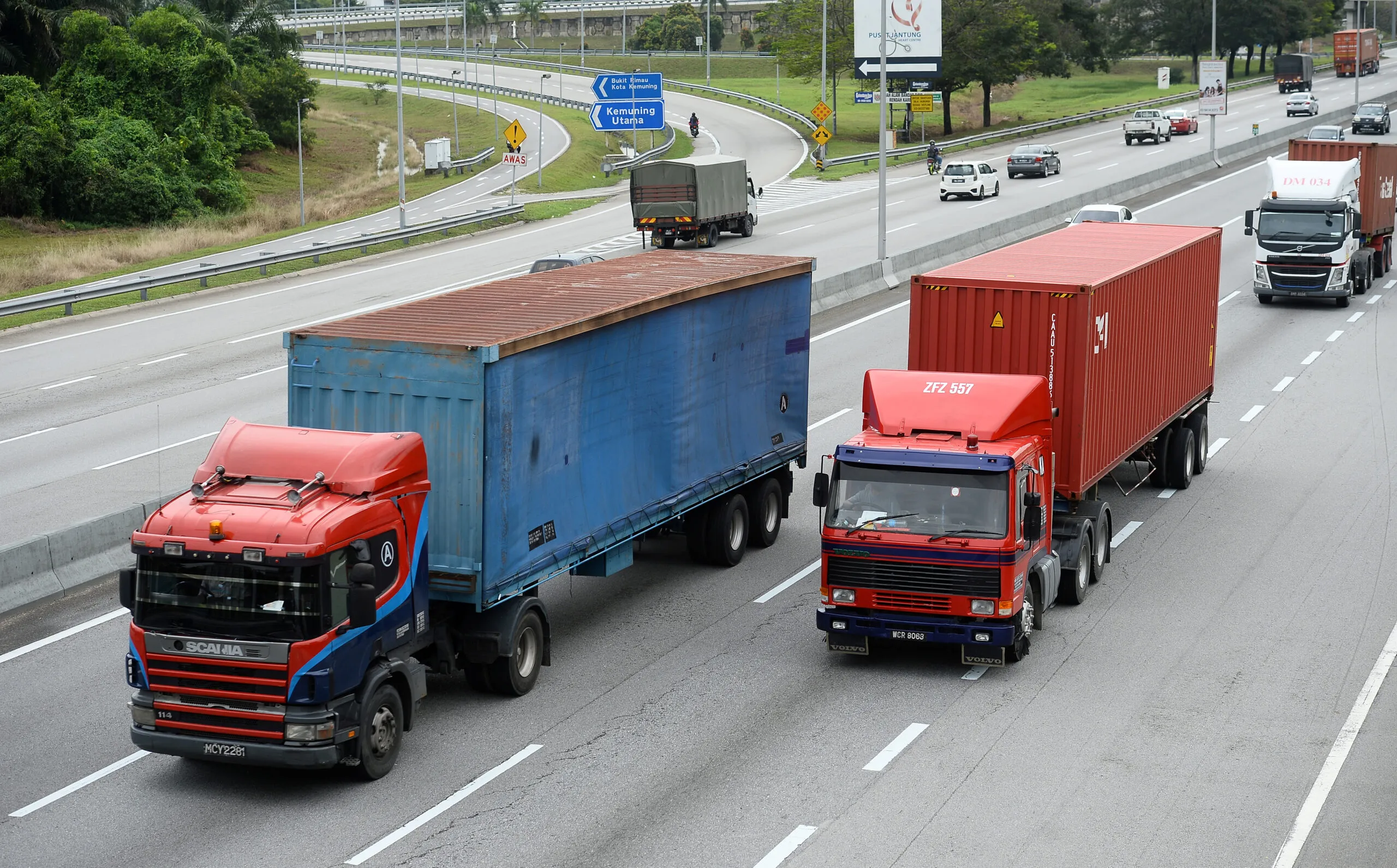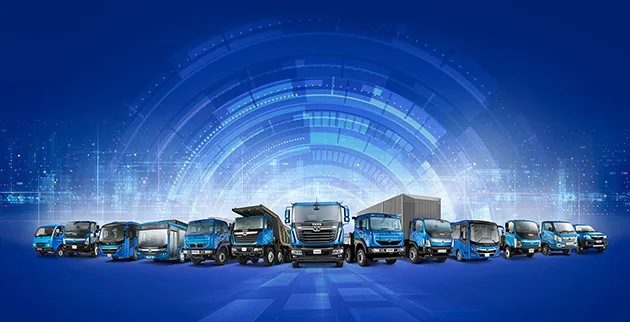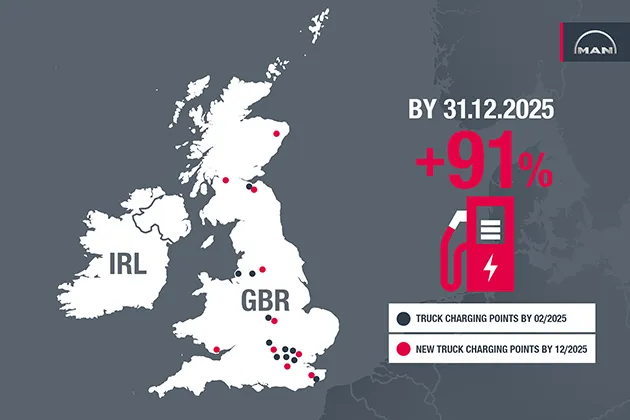Volvo Trucks is now starting sales of heavy battery electric trucks in South Korea, as the first global manufacturer to do so.
Three Volvo Electric Truck Models Are Now Available in South Korea
Three different electric models are now available for South Korean transport companies to order – helping them, and the government, to reach ambitious climate targets.
South Korea has a national plan to decrease CO2 emissions and aims for carbon neutrality by 2050. Electrifying road transports is one important measure to cut CO2.
“We think the timing is just right to start selling heavy electric trucks in South Korea,” says Per-Erik Lindström, SVP Volvo Trucks International, and continues: “With 22 per cent market share for heavy-duty trucks in South Korea, we have an important role to play in order to lower the transport sector’s CO2 emissions.”
Volvo Trucks goal is for 50 per cent of the new trucks it sells globally by 2030 to be electric. Since it started production of fully electric trucks in 2019, the company has sold more than 4,300 electric trucks in over 38 countries around the world.
Volvo Trucks was the first global manufacturer to start serial production of heavy electric trucks and has a broad electric line-up with a total of six electric heavy trucks. Initially, three of these models will be sold in South Korea. The company sees that many types of transport needs can be electrified in South Korea, ranging from urban distribution and refuse disposal to regional transportation and construction traffic.
As a comparison, statistics in Europe show that almost half of all goods are transported less than 300 km. This means that a very large portion of transports can be carried out with the electric trucks, that can be charged at the hauliers’ home-depot.
“The situation is similar in most countries,” explains Per-Erik Lindström. “Large flows of goods are transported short distances where electric trucks work very well. So, when an expanded public network of charging stations is developed, even more transports can be electrified.”
There are many different factors that affect how quickly the transition to electric goes.
“It’s obvious that the speed of the electric transition in any country is very dependent on the decisions the authorities make. We see that in the countries that are leading the transition to electric trucks, the progressive governments have combined economic incentives with targeted taxes and environmental zones in cities to greatly speed up the adoption of electric trucks,” states Per-Erik Lindström.








